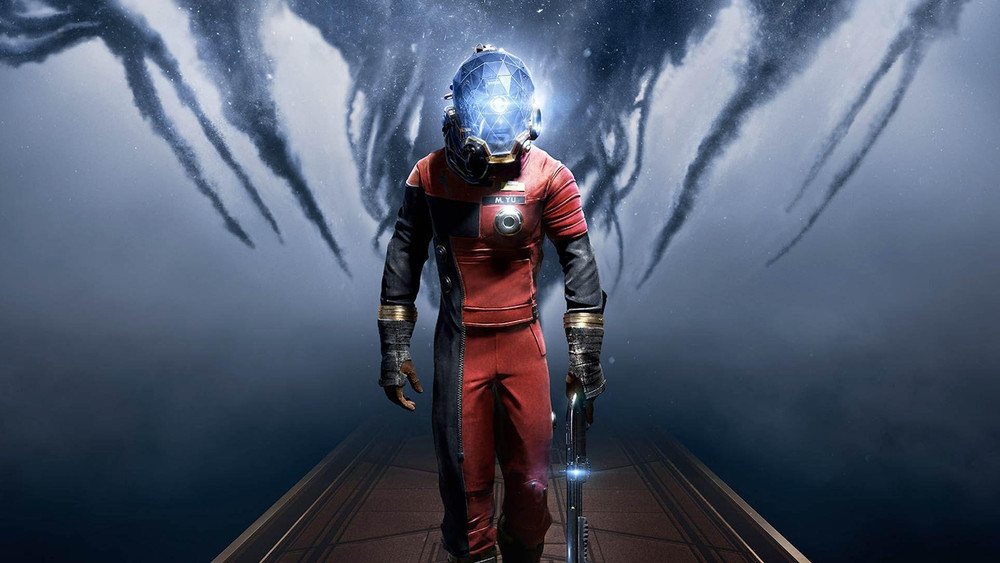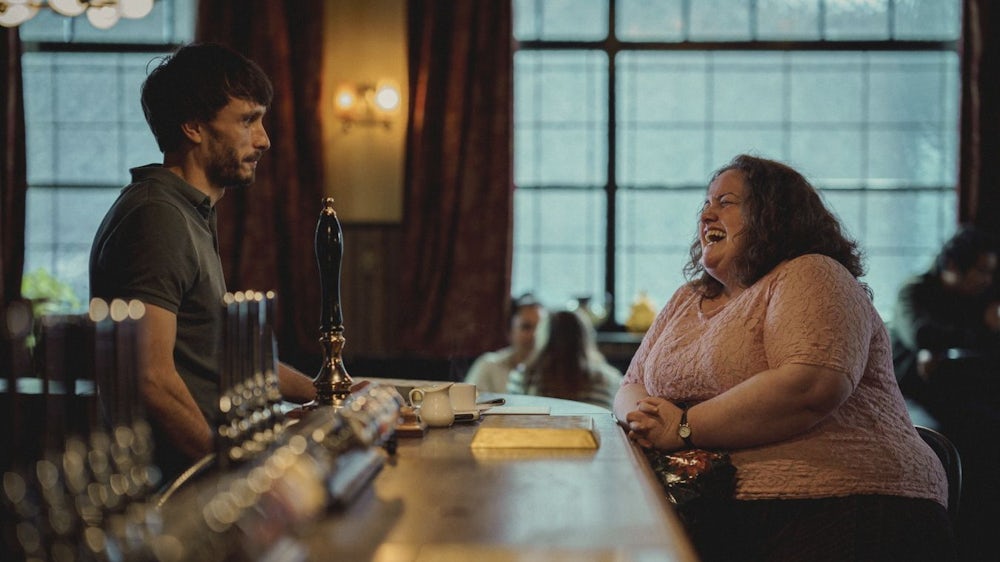 You all know it’s no secret I like children’s movies. I love the way they can tell two stories at the same time: One for kids, and one for adults. The horse on the balcony, an Austrian film directed by the otherwise unknown Hüseyin Tabak, immediately struck me as that kind of movie. It was the kind of movie that sounded so crazy I just had to like it.
You all know it’s no secret I like children’s movies. I love the way they can tell two stories at the same time: One for kids, and one for adults. The horse on the balcony, an Austrian film directed by the otherwise unknown Hüseyin Tabak, immediately struck me as that kind of movie. It was the kind of movie that sounded so crazy I just had to like it.
The Horse tells the story of 10 year-old Mika, a little boy with Asperger’s syndrome who, one day, discovers a horse standing on the balcony opposite his own. What follows is a series of events about a kid trying to make sense of the world in his own little way and coming to terms with his own emotions – as far as a kid with Asperger’s can.
What a delightful premise, right? It immediately sparks a dozen questions, not the least of which why there is an effing horse on the balcony opposite his own. Unfortunately, the story the movie chooses to pursue with this is not as exciting as the premise itself. What does ensue is decent enough, but it feels uninspired, by-the-numbers-predictable and (which makes said predictability even worse) sometimes even dishonest to its own characters.
I have to make a short disclaimer here: I enjoyed this movie. I laughed, went along for the ride and had a very good time. But afterwards, it left me with a nagging sensation – and that’s usually a sign that, along the way, something went wrong. So, without resulting to critical cynicism, let’s try to put our finger on it, shall we?
Mika is a brilliant character – not just on paper, but on-screen, too. He’s this typical case of the kid in the emperor’s clothes: The one who says the truth – only instead of saying what we all think, his Asperger’s makes things come out just a bit differently. The side characters form a wide range between basic (Lara, the single mother; Hedi, the cute grandma), kind of weird (Sascha, the mathematics freak who’s covered in gambling debt) and completely absurd (Dana, the Indian neighbour girl pretending to be a maharaja’s daughter). I think they’re a delightful bunch and I love their versatility.
Sounds good, right? Unfortunately, these characters are stuck in a story that, ultimately, isn’t very good. Of course we feel bad for Mika when he loses the horse (which happens a few times over the course of the movie) – but we can’t truly understand him, because we simply don’t have Asperger’s. This leaves us with a very muddled conflict. The movie’s more adult conflict – a man trying to clear his gambling debt – falters, too, but for different reasons: His antagonists, who threaten him to clear his debt or else, may be drawn very threateningly, we never found out what lay at the root of his problem. Is he a gambling addict? That’s a question I was hoping to get an answer to, but didn’t.
Unclear conflicts and problems make for a story that’s constantly looking for new bad situations to drop characters in – and that simply makes a story feel disjointed. This is because this is a movie that claims: It claims Mika’s world would be destroyed without the horse, and it claims Sascha’s problem will be solved by getting a lot of money. The other characters are used as dramaturgical pawns to create fake senses of urgency: Hedi having a stroke and being hospitalized, Dana being abducted by the bad guys, Lara … burning a turkey.
(Lara is definitely the weakest character of the bunch and not even Nora Tschirner can save her. She is literally the single mother who sits and sighs when her son is around and sits and sighs when he is gone.)
Ultimately, the screenplay falters – so the movie falters. Because there’s nothing driving the story, no core to pursue, the director can’t truly seem to find any moments where the movie has time to breathe (the one exception being a touching scene in which Mika hugs a horse and, for the first time ever, connects to a living thing). Instead, the director is forced to rush through the pages, from conflict to resolution and back to the next conflict in a fragmented whole that doesn’t seem to be going anywhere.
This is what ultimately keeps this movie from being good – and believe me, it was so close! Personally, I think a lot hinges on the main character: we cannot identify with a kid with Asperger’s syndrome, because it’s such a peculiar thing to have. The character’s question should be: What truly lies at the heart of this kid’s problem, and why does he need a horse to fix it? What if this was a story about Dana or Sascha instead, and we witnessed this kid through their eyes? At times, the movie does this, but unfortunately our grip on side characters Dana and Sascha is not good enough that we can truly grasp Mika through them, either.
In all, The Horse on the Balcony is not a bad movie – even though my ramblings might suggest otherwise. It is simply one of these cases where it is just before goodness – where changing one little cog in the movie machine might have changed the world. Ultimately, however, it’s missing a true core, an ongoing conflict and just a dash of filmmaking handiwork.



